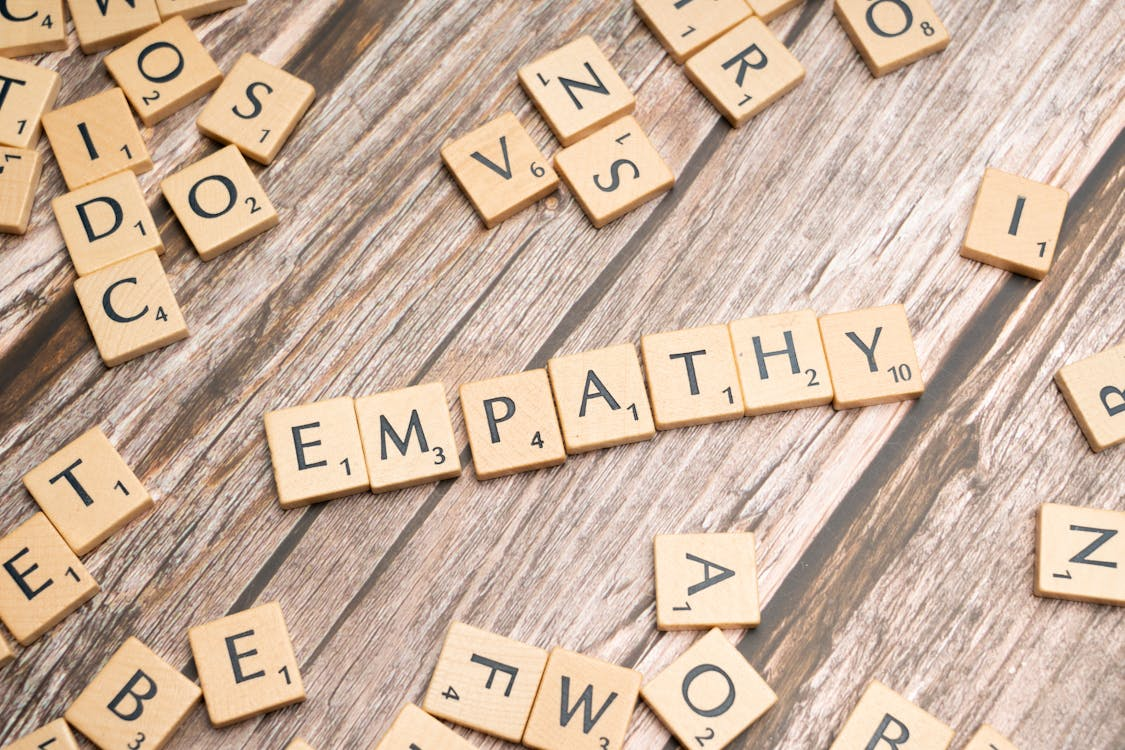5 Effective Anger Management Tips for Kids (or Adults)

|
Getting your Trinity Audio player ready...
|
It’s natural to get angry when you feel misheard, misunderstood, treated unfairly, or wrongfully accused. When you are angry, you often feel stuck with a problem that you can’t solve. Rather than yelling, screaming, hitting or hiding, here are some problem-solving strategies to help you make the most out of a difficult situation. There problem-solving strategies are based on the use of cognitive-behavioral therapy, which research indicates is an effective method to reduce anger outbursts.
1. Know Yourself
-Know your triggers-what kinds of things tend to put you in an angry mood?
-Know the signs-recognize what your body feels like when you are starting to get angry (e.g., pressure in stomach/chest, heart beating fast, feeling hot).
2. Step Away if Possible-When you feel yourself getting angry step away, if possible, to take some time to calm down before reacting.

3. Use Relaxation Techniques-When you step away (and even if you can’t step away), use relaxation techniques to calm down before reacting. These may include:
-thinking about/visualizing something you love
-counting
-singing a favorite song in your mind
-taking deep breaths
-tensing and relaxing your muscles
Try these stress reduction techniques by BetterHelp.
4. Take a Different Perspective–
-think about the different points of view involved in the situation
-try to understand why the situation may be occurring
-think about what specifically is causing the anger
-think about how you may be able to work to resolve the situation by talking it out
-think about ways to make your feelings known calmly without being critical
-think about how the other person(s) involved may be thinking or feeling
-know that it is possible to let it go even if you can’t work it out (agree to disagree)
-take time to hear the other person’s thoughts and feelings before responding
-remember that people do what makes sense to them, and in general, are not trying to hurt you
FYI: if someone is mean or hurtful to you repeatedly, it is your right to disengage to the best of your ability from this person (say very little – or nothing if possible) and set boundaries around what you are comfortable with (no thank you, I don’t want a hug right now). It is also your right to report emotional, physical, sexual, financial, or psychological abuse.

5. Exercise/Play Sports – Regular physical exercise can help you clear your mind, burn off tension and reduce stress.
Recommended Article:
Top 10 Discipline Tips for Kids with Oppositional Defiant Disorder
Thank you for visiting educationandbehavior.com, a free resource for parents, caregivers, educators, and counselors. We provide academic, behavioral, and social-emotional support for children. Follow us on Facebook!






